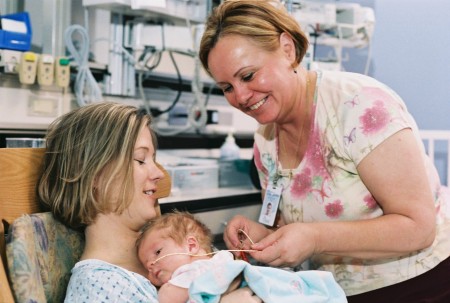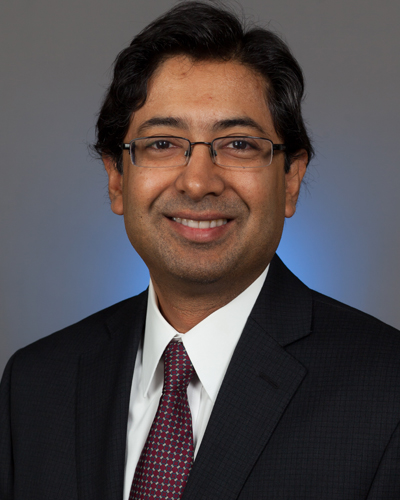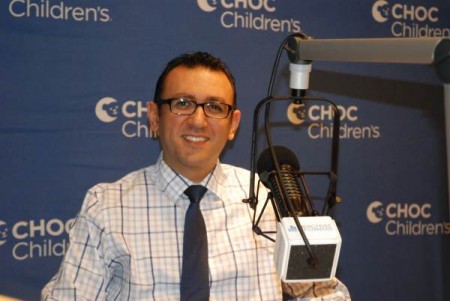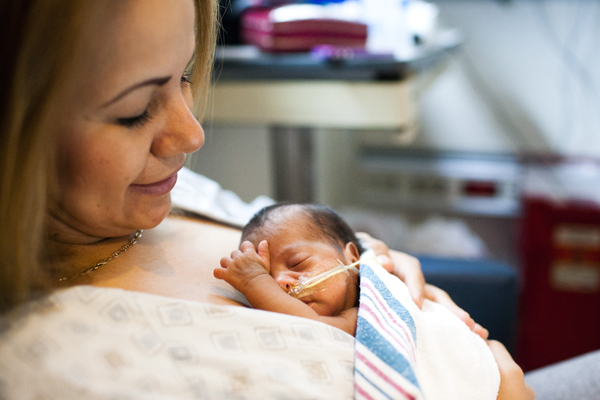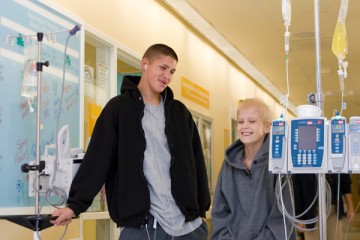COMING TO TERMS WITH UNEXPECTED BIRTH DEFECTS
Common birth defects include heart defects, cleft lip and cleft palate, Down syndrome and spina bifida. Congenital heart defects are the most common type of birth defect in the United States, affecting nearly 1 percent of, or about 40,000, births per year, according to the Centers for Disease Control and Prevention. Birth defects can be minor to severe. “Some of these can be corrected by surgery and some can be treated by involving many different physicians with different specialties,” says Dr. Ahmad.
COPING LONG-TERM
“The most important thing for the parents is they still have to love their baby because all babies are precious,” says Dr. Ahmad. “As these babies grow up, we have the ability to provide these babies developmental help to cope.” Parents can reach out to the Regional Center of Orange County for help and therapy, public school districts offer assistance to disabled children, and pediatricians are a great source of information and resources as well. “Try to learn as much about the condition as possible. This will help parents cope and make sure that their baby gets the best possible care,” says Dr. Ahmad.
PREVENTING BIRTH DEFECTS
One of the best things a pregnant woman can do for her baby is to take good care of her health. Not all birth defects can be prevented but there are some things a woman can do before and during pregnancy to increase the chance of having a healthy baby, says Dr. Ahmad. They include:
- Taking folic acid before becoming pregnant and during pregnancy to help prevent neural tube defects (defects of the brain and spine).
- If the woman is diabetic, making sure her diabetes is under control. Uncontrolled diabetes can lead to different malformations and problems for the baby.
- Avoiding alcohol use while pregnant. Drinking alcohol while pregnant can cause fetal alcohol syndrome.
FAST FACTS
- Number of babies born with a birth defect in the U.S. each year: About 1 in every 33
- Babies born annually with Down Syndrome in the U.S. each year: 1 in 691
- Approximate percent of infant deaths caused by birth defects: Over 20%
